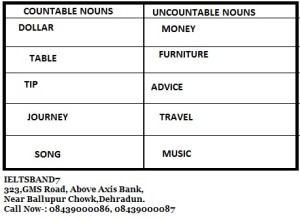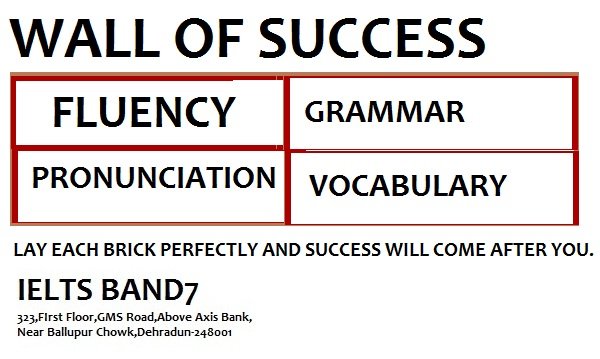Basic Grammar
Grammar forms the basis of any language. To learn a language the first step is to learn the grammar.
For today let us look into the four components of grammar
- Noun
- Verb
- Adjective
- Adverb
WHAT ARE THEY??
- NOUN
- A noun is a person, place, thing or an idea. The noun which names a particular person, place , thing or idea is a proper noun. For example. Carlos, anmol, eram, delhi, Canada, god, congress party. The noun which refers to general person, place, thing or idea are common nouns. Like, horse, humans etc.
- VERB
- Verb is an action word. It is used to describe an action. This action may or may not be visible to others. For eg. Run, jog, dance are actions that are visible, but think is not visible to others. But since you are doing it, it is a verb.
- ADVERB
- An adverb describes the verb. It simply tells how an action is taking place. For eg. I run fast. Here fast is an adverb, because it tells how the action is taking place.
- ADJECTIVE
-
An adjective describes noun. It could be the color, the size, shape or anything associated with noun. For example-: I have a black cat. The laptop is the slimmest.
Here black and slimmest are adjectives.
Exercise-:
Find out in the following sentence, whether the word emphasized is an adverb/noun/verb/adjective.
- You better eat your APPLE
- Bolt runs faster than any human.
- You are an intelligent girl.
-
He
quietly did his work and left. - My mother served us tea in the morning.
- The poor girl went from here and there asking for money.
- The children enjoyed dancing in the rain.
- America is colder than India.
- The honest boy returned my phone.
- Mrs. Katal, the principal wrote a note in my diary.
ANSWERS
- Noun
- Verb
- Adverb
- Adjective
- Adverb
- Verb
- Adjective
- Noun
- Adjective
- Adjective
- Verb
Learn grammar and score high in IELTS at IELTSBAND7
323,GMS Road, Above Axis Bank,
Near Ballupur Chowk, Dehradun.
Call Now-: 08439000086, 08439000087


